1. Plant a Fence Without a Permit

You might think putting up a simple fence in your yard is no big deal, but many local laws now require permits before you can build one. This is mainly to ensure fences don’t block sightlines for drivers or pedestrians and to keep neighborhoods looking consistent. Some towns even restrict the height and materials you can use, so your dream privacy fence could turn into a hassle. The process can feel like overkill, but it’s meant to protect safety and community aesthetics.
The permit process also often includes inspections, which means your fence has to meet certain codes for sturdiness and placement. If you skip the permit, you could be forced to take the fence down or pay fines. Plus, neighbors sometimes have a say in how fences impact shared spaces, so local laws want to keep peace. So before you start digging post holes, it’s worth checking in with city hall.
2. Let Your Lawn Grow Wild
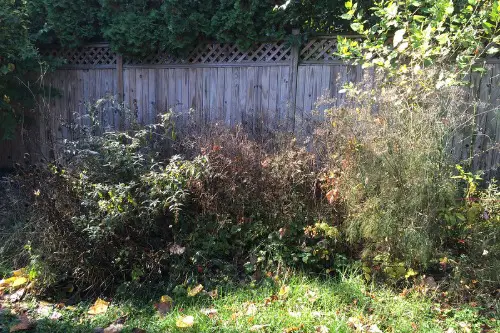
It’s tempting to just let your grass grow naturally, especially if you want a low-maintenance yard or want to support pollinators. However, many municipalities now have “weed abatement” laws requiring homeowners to keep grass and weeds below a certain height—usually around 6 to 8 inches. This rule helps prevent pests like ticks, reduces fire risks, and keeps neighborhoods tidy. So that meadow vibe in your yard could land you a warning or a fine.
Some places will even send out inspectors or neighbors can report overgrown lawns, so you might not even realize you’re breaking the rules. While it feels restrictive, it’s largely about public health and safety, especially in drier climates where tall grass can quickly become a fire hazard. If you want to go wild, some areas encourage designated “wildlife zones,” but those often come with their own rules and boundaries. It’s a balance between nature and neighborhood standards.
3. Park Your RV or Boat in Your Front Yard
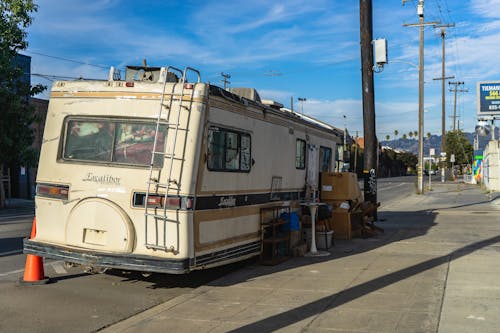
Many local laws prohibit parking large vehicles like RVs, boats, or trailers in front yards or visible areas for extended periods. This is usually to maintain curb appeal and prevent yards from turning into impromptu storage lots. It can be frustrating if you lack garage or driveway space, but the rules aim to keep neighborhoods looking neat and consistent. Some places allow short-term parking, but permanent spots in front yards are a no-go.
The definition of “front yard” can be surprisingly specific in zoning codes, so even parking on the street might be restricted. You might have to get creative with where you store your big toys or pay for off-site storage. Violating these laws can result in tickets or even towing, which is a costly surprise. It’s one of those local rules where beauty and order trump convenience.
4. Build a Deck or Shed Without Permission
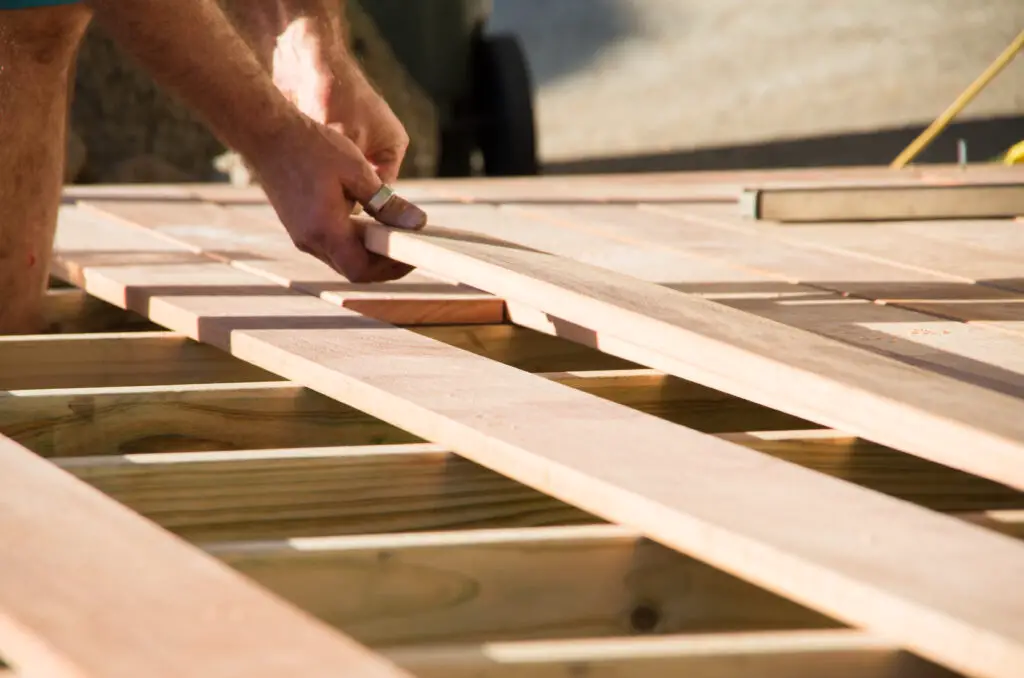
Adding a deck, shed, or other outdoor structure often requires permits and must comply with setback rules—how far it has to be from property lines. These regulations help prevent disputes between neighbors about boundaries and maintain fire safety. So, even if you’re just building a small shed for garden tools, you may need approval first. The permit process can feel tedious, but it ensures your structure is safe and doesn’t block anyone’s sunlight or views.
Local laws also often dictate the materials and height limits, meaning a towering wooden deck might not be allowed. Ignoring these rules can lead to costly removal orders or fines. Plus, if your property is in a historic district or a homeowners’ association, you might face additional restrictions. The takeaway? Plan ahead and talk to your city before hammering the first nail.
5. Install a Swimming Pool Without Strict Regulations
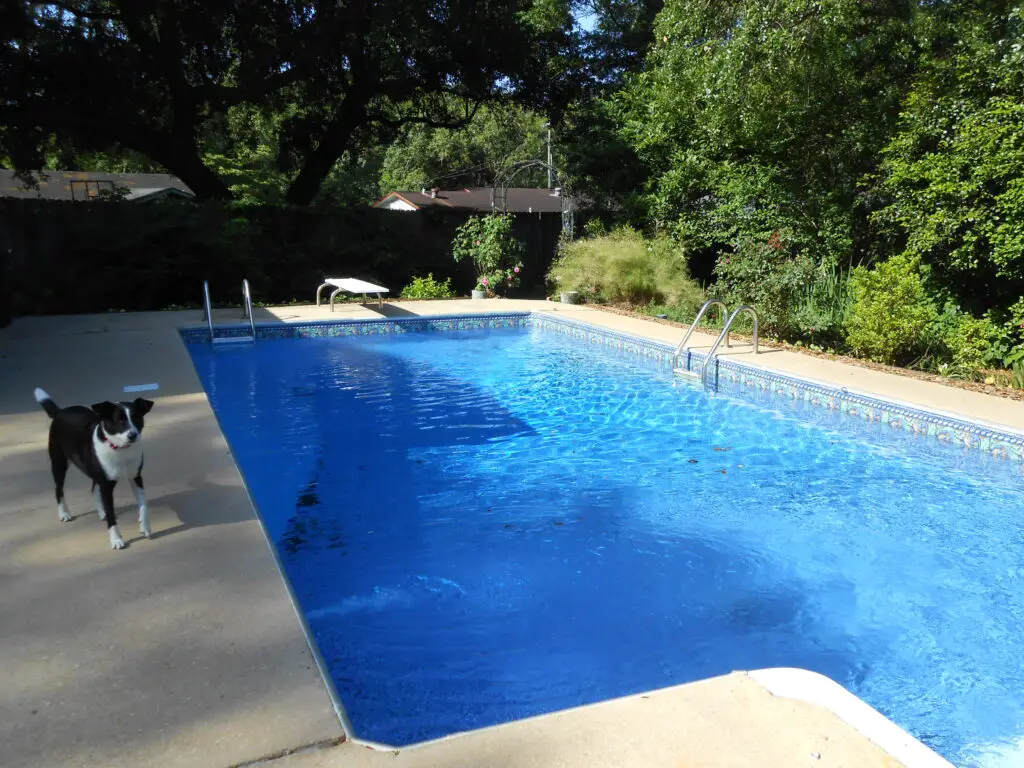
Pools are amazing for summer fun, but you can’t just dig a hole and fill it with water anymore. Most local codes require fencing, gates with childproof locks, and sometimes even specific water circulation and drainage systems for safety reasons. These laws aim to prevent drownings and keep kids safe, which is why regulations can be surprisingly strict. It’s not just a backyard luxury—it’s a safety responsibility.
Beyond safety, pools often require inspections and adherence to setback rules similar to other structures. You might also face water usage restrictions in drought-prone areas, limiting when and how often you can fill or top off your pool. Not following the rules can mean having to drain your pool or face hefty fines. It’s definitely a case where safety and environmental concerns trump convenience.
6. Keep Certain Pets or Farm Animals
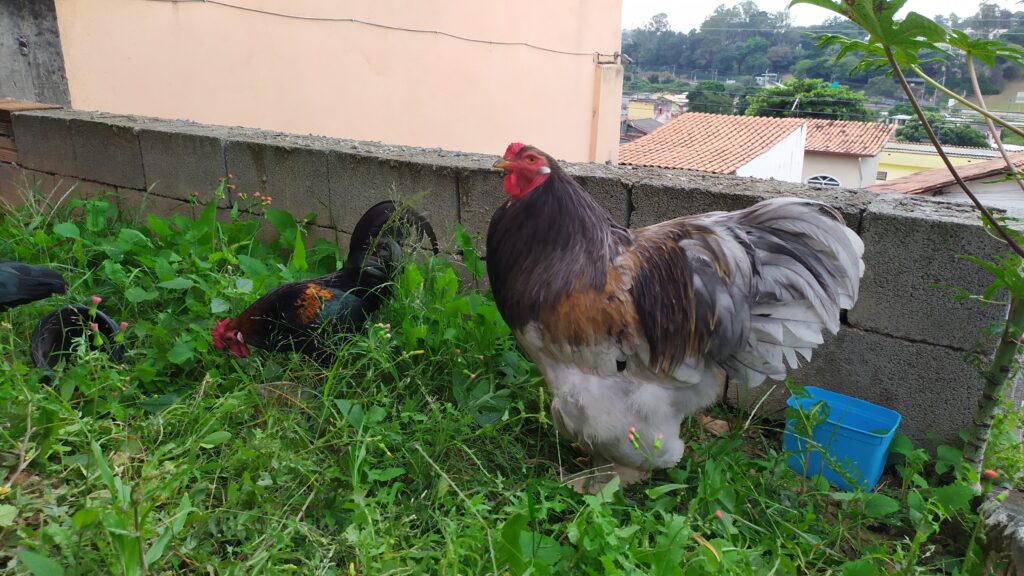
It’s common to assume you can keep any pet you want in your own yard, but local laws often restrict types and numbers of animals. Chickens, ducks, goats, or even bees might be banned or limited to prevent noise, odor, and health concerns. These regulations are especially common in suburban areas where neighbors live close together. So, if you were dreaming of a backyard mini-farm, your town might have other plans.
Besides noise and smell, some laws address animal waste and the potential for attracting pests or causing environmental damage. You might need permits or have to follow specific enclosure rules. Violating these can lead to fines or forced removal of the animals. It’s a reminder that pet ownership isn’t just about you—it affects your whole community.
7. Use Outdoor Fire Pits or Open Flames Freely
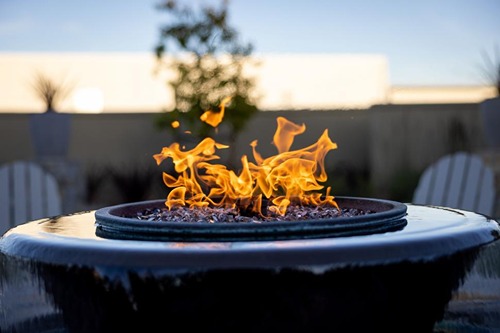
Bonfires and fire pits feel like a natural backyard activity, but many places have cracked down on open flames due to wildfire risks and air quality concerns. Restrictions may include bans during dry seasons, requirements for fireproof containers, and limits on size and fuel type. If you’re in an area prone to wildfires or smoke pollution, you might only be allowed gas-fueled fire pits with screens. These rules aim to protect both your property and the community from accidental fires.
Ignoring these fire regulations can result in heavy fines or fire department intervention. Some localities also have curfews on outdoor burning or require permits. Even if it’s tempting to light up a big blaze, it’s better to follow rules to keep everyone safe. Backyard flames are now less about fun and more about responsibility.
8. Hang Clothes to Dry in the Front Yard
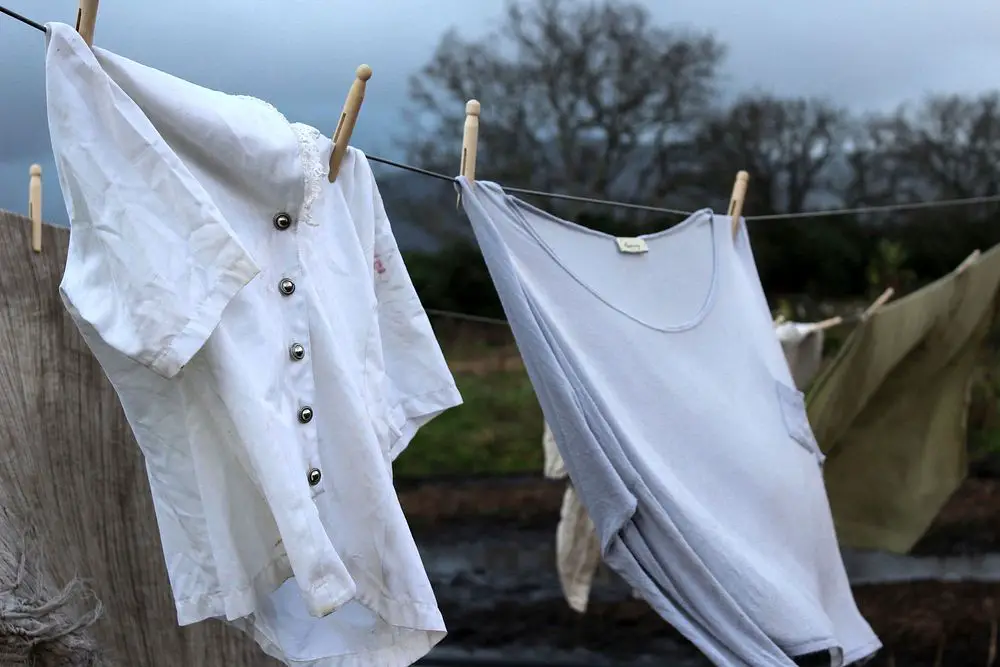
Surprisingly, some places prohibit outdoor clotheslines, especially in front yards or visible areas. These bans often stem from concerns about neighborhood aesthetics and property values, with some communities viewing clotheslines as unsightly or “unkept.” It might feel outdated, but these rules can still be enforced, especially in HOAs or historic districts. So if you’re thinking of going green by air-drying laundry outside, check local laws first.
However, some areas are starting to push back against these bans to encourage energy saving and sustainability. A few states have passed “right-to-dry” laws that protect homeowners’ rights to use clotheslines. Still, the patchwork of rules means your ability to hang laundry outdoors depends a lot on where you live. It’s a quirky example of how local regulations intersect with everyday habits.
9. Install Solar Panels Without Approval

Solar energy is hugely popular, but installing panels on your roof or in your yard often requires permits and must meet local guidelines. These laws address safety issues like electrical codes and structural integrity, but they also sometimes regulate the look of solar panels to preserve neighborhood aesthetics. Historic districts or HOAs may impose strict design rules, limiting size or placement. This can delay or complicate what seems like a straightforward upgrade.
In some places, you might also need approval from a neighborhood association or local planning board before installation. The good news is many jurisdictions now streamline the process to encourage green energy, but it’s not automatic. Failing to get the right permissions could force you to remove panels after installation. So while solar panels are eco-friendly, they still come with paperwork.
10. Use Your Yard for Certain Types of Business
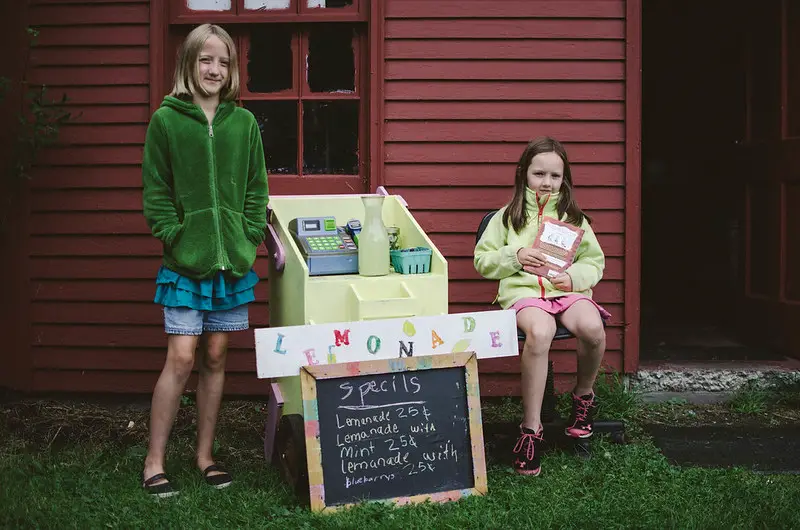
Running a business out of your home sounds ideal, but local zoning laws often restrict commercial activity in residential yards. This includes things like parking customer vehicles, signage, or running noisy or high-traffic operations. These laws aim to preserve neighborhood peace and safety by preventing traffic jams, noise, and other disruptions. Even if it’s a small gig, you might be limited in what you can do in your yard.
For example, landscaping companies or food trucks operating from a yard often need special permits or commercial zoning. Otherwise, neighbors could report the activity, leading to fines or cease-and-desist orders. Home-based businesses usually have to meet strict criteria about visibility and traffic impact. It’s a reminder that your yard might not be the free-for-all workspace you imagine.
11. Remove or Alter Trees Without Permission
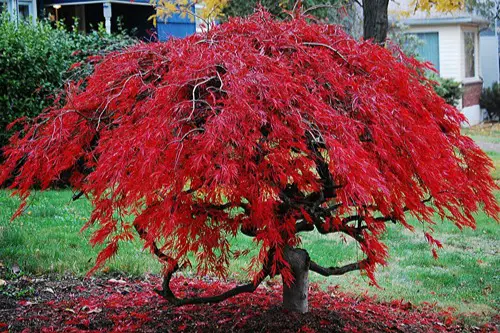
Many communities now protect trees, especially mature or native species, with local ordinances that require permits for removal or major trimming. This is partly to preserve urban tree canopies, improve air quality, and maintain neighborhood character. So even if a tree is on your property, you might not be free to chop it down just because you want to. Violating these rules can lead to fines or mandatory replanting.
Sometimes the laws also cover protected species of plants or trees near water sources to prevent erosion. The permit process may include an arborist’s assessment and public notice to neighbors. This can be frustrating if a tree is diseased or causing damage, but the goal is long-term environmental health. It’s a reminder that your yard is part of a larger ecosystem.
12. Install Certain Types of Outdoor Lighting

Outdoor lighting sounds harmless, but local laws often regulate brightness, timing, and direction to reduce light pollution and protect neighbors’ privacy. Excessive or poorly aimed lights can disrupt wildlife, cause glare on roads, and annoy neighbors. Many municipalities require “dark-sky” compliant fixtures that minimize upward light spill. If your yard looks like a mini stadium at night, you might be asked to tone it down.
Some rules also limit holiday light displays or require timers to turn off lights late at night. This reduces energy use and keeps neighborhoods from becoming permanent light shows. It can be surprising to find out your creative outdoor lighting setup breaks local codes. But in the end, these rules help balance individual expression with community comfort.
This post 12 Things You Can’t Do in Your Own Yard Anymore — Thanks to Local Laws was first published on Greenhouse Black.
